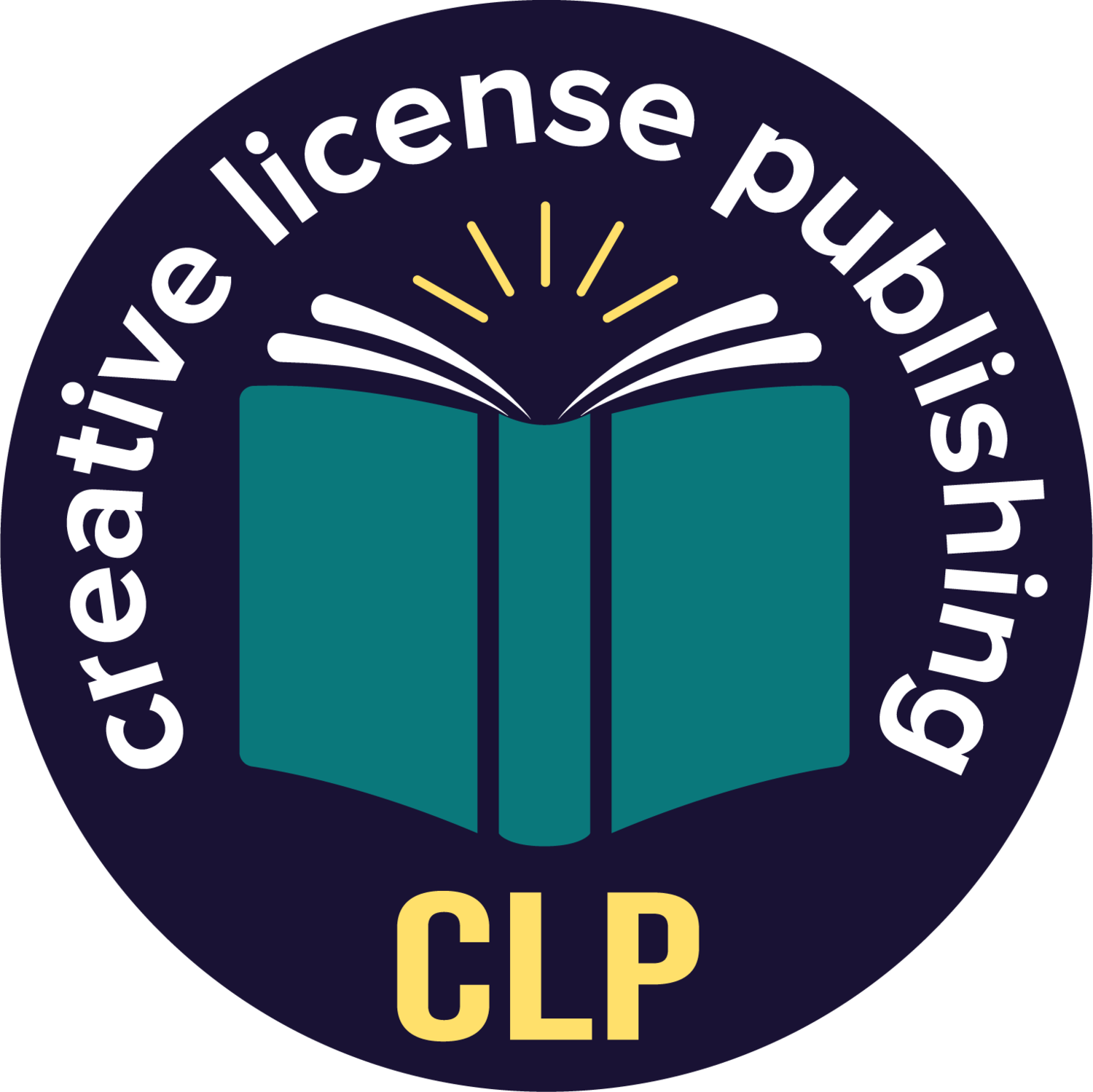Seeing Criticism as a Positive
Julie Wilkes
Imagine: you finally do it. You finally write something that quickens your pulse, affirms your spirit, and makes you proud to attach your name to its pages. Every choice, down to the placement of punctuation, has been dissected and approved by you—the author. Everything about your writing is perfect. After all, being the creator makes you its automatic arbiter, right?
For better or for worse, your opinion as the author is not the only one that matters when it comes to assigning value to a written work. As I mentioned in an earlier blog post, the reaction of the audience heavily influences a book’s success. What you write must be readable and recommendable. Even before your target audience is able to access your book on the shelf, its pages will become the purview of sample readers, editors, and critics. While your job is to write, their job is to critique your words in every possible way—from the dry details of punctuation to the meatier matters of plot, character, and voice. They do this not because they’re heartless, but because of the exact opposite. The people you entrust to read your book prior to publication will ideally recognize and respect the effort you have put into those pages. If you’re fortunate, you will have a team of whip-smart, industry-savvy experts who can spot grammatical errors and suggest stylistic changes that develop your book from a precious pipe dream to a highly marketable reality. But to accomplish that goal, the author must do something that feels unnatural: let go.
After months or years of privacy, the author is forced to relinquish full control of his or her words and offer them to someone else for feedback. I imagine the uncomfortable vulnerability that ensues from that process is similar to dropping a child off for the first day of school. Here is something that you’ve created, protected, and nurtured now terrifyingly free from your grasp, deep in the outside world of strangers and dangers. What if “they” don’t like this thing you created? What if they change or reject it? What does that mean for the work you invested into it?
These worries are natural for any writer (and presumably for any parent). Criticism inspires natural human responses of defense, anxiety, and even anger. But every writer must recognize his or her dependence upon criticism in the act of writing for an audience. Readers approach a book with their own personal beliefs, histories, and preferences which will inevitably differ from those of the author. The beauty of books is their ability to foster multiple interpretations of the same words. As a writer, you must allow yourself and your words to be flexible to the feedback of others, especially those who are trying to help you achieve publication.
How can writers embrace criticism as a positive part of the writing process? First, realize that writing for an audience is an intimate act. Even if your book bears no resemblance to your personal life, it exists because of you; readers feel a natural curiosity for the person who dreamt up this new world on the page before them. As an author, you must be comfortable knowing that every book you write is an implicit invitation into yourself as a person. Next, understand that any criticism readers have of your book is inevitable, necessary, and impersonal. Especially during the developmental stages of your book when sample readers and editors sit down with your pages, their approach is professional and devoted to helping you succeed as an aspiring author. They do not suggest changes in word choice because they delight at your struggle to differentiate “past” from “passed.” They suggest such changes to polish your manuscript into a sellable, recommendable read in the real world, one that will compete with the reams of other hardcovers and paperbacks waiting on shelves. The author and his or her critics have the same goal: sharing quality storytelling with an audience. The saying “everybody is a critic” bears truth because everybody does, in fact, possess their own unique set of criteria for what makes a read worthwhile. Our mission at Creative License Publishing is to honor that fact and encourage our writers to embrace criticism as a positive, requisite, welcome step on the road to publication.
